On the morning of April 17, speaking at the discussion session on "Catching up with the 4.0 Green Revolution: The journey to transform the food system for a sustainable era" within the framework of the P4G Forum, Vietnamese Minister of Agriculture and Environment Do Duc Duy affirmed: "If the world does not share responsibilities and benefits fairly, it will be impossible to demand that low-income countries preserve natural resources sustainably."
According to Minister Do Duc Duy, the 4.0 green revolution is a combination of modern technologies such as artificial intelligence, big data, biotechnology and digitalization in agricultural production. The goal of this revolution is not only to increase productivity but also to reduce emissions, use resources efficiently and ensure livelihoods for people.
Minister Do Duc Duy emphasized that Vietnam is a testament to the strong transformation. From a country that once faced poverty and food shortages, Vietnam has now risen to become one of the world's largest agricultural exporters, present in more than 200 countries and territories.
However, Vietnam still faces major challenges with only about 13 million hectares of usable agricultural land. Land degradation, climate change and population pressure make the development of green, smart and sustainable agriculture urgent.
The Vietnamese Government has implemented a series of key policies such as: - Strategy for sustainable agricultural and rural development to 2030, vision 2050 - National action plan for transforming a transparent, accountable and sustainable food system - Project on science development and technology transfer in agriculture - Project for sustainable development of 1 million hectares of high-quality and low-emission rice in the Mekong Delta - From technology to policy – From farmers to businesses |
From technology to policy
From the perspective of Mr. Lawrence Sai, Deputy Minister of Agriculture and Fisheries of South Africa, the world is being severely affected by the El Niño phenomenon, directly threatening agricultural production and food security in many countries, including South Africa.
Over-reliance on natural resources has left the global food system fragile. Transforming agriculture – through technology, drought-resistant crops, wastewater recycling and efficient resource management – is key, according to Mr. Lawrence Sai.
“Agriculture is not only a victim of climate change but also a major emitter, accounting for about 22% of global greenhouse gas emissions. With about 690 million people living below the poverty line and more than 83 million facing food security risks due to El Niño, the transition to sustainable agriculture is imperative. Technology only makes sense when it helps improve the lives of people, especially small-scale farmers,” said Mr. Sai.
International delegates agreed that transforming the food system requires the participation of the entire value chain. From policymakers, scientists, businesses, investors, to farmers - everyone needs to act together.
Technology is not just a tool, it is a game changer, according to Donald Brown, Vice President of the International Fund for Agricultural Development (IFAD). He mentioned innovations such as precision agriculture, digital platforms, biotechnology and smart management of resources such as water and land, to optimize productivity, minimize waste and maintain sustainability in agricultural production.
In terms of policy recommendations, the IFAD Vice President said that comprehensive cooperation between public-private-farmer parties is needed to build a sustainable food system.
From farmer to business
Sharing experiences from Vietnam, Vice Chairwoman of Can Tho City People's Committee Nguyen Thi Ngoc Diep introduced the strong development of agriculture in the Mekong Delta, especially in the transition from traditional farming methods to green agriculture models, using high technology and adapting to climate change.
"The VnSAT (Sustainable Agricultural Transformation) project has helped farmers reduce seed use, use organic fertilizers, and manage pests using the IPM (Integrated Pest Management) method. These solutions have helped increase productivity, reduce production costs, and reduce environmental pollution. Can Tho also participates in the 1 million hectare green rice project, with the implementation of a high-quality and low-emission rice cultivation model. The pilot models are effective in reducing the use of straw, fertilizers, and pesticides. Straw is also used in mushroom cultivation and organic fertilizer production, minimizing negative impacts on the environment," said Ms. Ngoc.
Regarding future solutions, Can Tho City will continue to promote solutions such as digital transformation, value chain linkage, and application of science and technology to improve production efficiency. Along with that, it will improve the capacity of cooperatives to create a strong foundation for the application of scientific and technological advances.
Assessing the transition to green agriculture in Vietnam, Danish Ambassador to Vietnam Nicolai Rix emphasized that Vietnam's establishment of the Ministry of Agriculture and Environment shows that the Government is moving towards a comprehensive agricultural development strategy, combining environmental protection and sustainable development.
"Denmark has more than 90% of farmers using precision agriculture technology such as GPS and AI-controlled machines in managing crop nutrition, reducing greenhouse gas emissions and increasing productivity. The long-term cooperation between Denmark and Vietnam in promoting sustainable agriculture, including emission reduction, low-emission livestock production and circular agriculture models. Denmark is committed to continuing to support Vietnam in developing green agriculture projects through strategic cooperation and investment in technological innovation," the Ambassador affirmed.
Danish Ambassador Nicolai Rix also stated that the 4.0 green revolution is not just a technological advancement but a collective commitment to protect the planet and ensure food for future generations.
(According to VOV)
Source: https://baoyenbai.com.vn/12/348997/Cach-mang-xanh-40-khong-la-lua-chon-ma-la-tat-yeu.aspx


![[Photo] General Secretary To Lam, Secretary of the Central Military Commission attends the 12th Party Congress of the Army](https://vphoto.vietnam.vn/thumb/1200x675/vietnam/resource/IMAGE/2025/9/30/9b63aaa37ddb472ead84e3870a8ae825)
![[Photo] The 1st Congress of Phu Tho Provincial Party Committee, term 2025-2030](https://vphoto.vietnam.vn/thumb/1200x675/vietnam/resource/IMAGE/2025/9/30/1507da06216649bba8a1ce6251816820)
![[Photo] Solemn opening of the 12th Military Party Congress for the 2025-2030 term](https://vphoto.vietnam.vn/thumb/1200x675/vietnam/resource/IMAGE/2025/9/30/2cd383b3130d41a1a4b5ace0d5eb989d)
![[Photo] General Secretary To Lam receives US Ambassador to Vietnam Marc Knapper](https://vphoto.vietnam.vn/thumb/1200x675/vietnam/resource/IMAGE/2025/9/29/c8fd0761aa184da7814aee57d87c49b3)






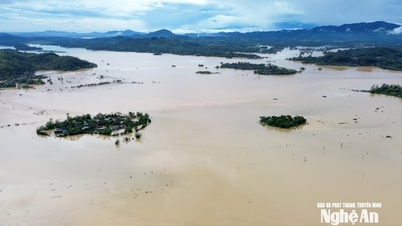



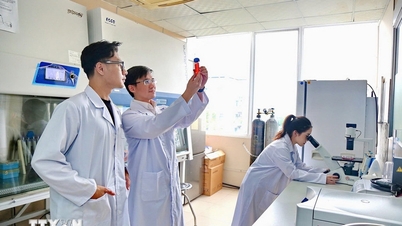

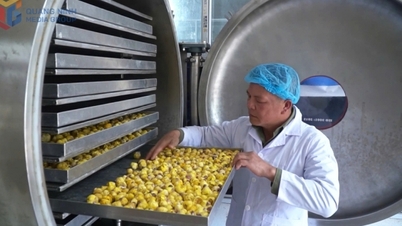





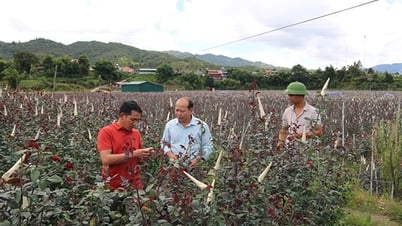
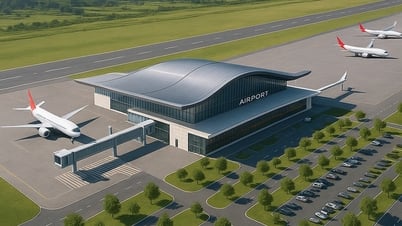
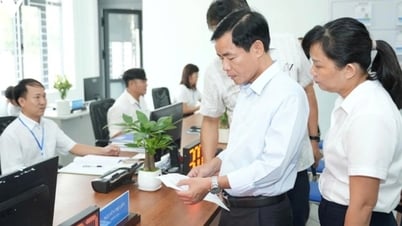
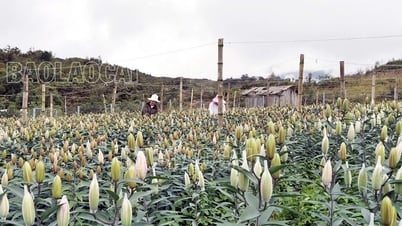
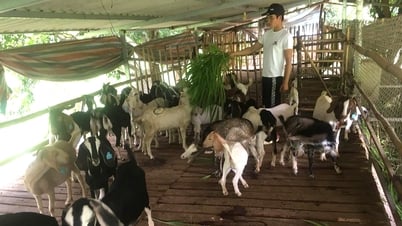
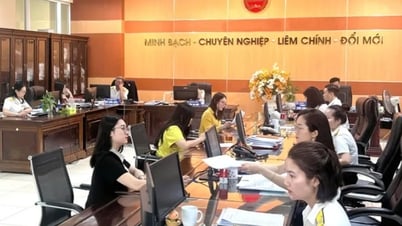
![[Photo] General Secretary To Lam attends the ceremony to celebrate the 80th anniversary of the post and telecommunications sector and the 66th anniversary of the science and technology sector.](https://vphoto.vietnam.vn/thumb/1200x675/vietnam/resource/IMAGE/2025/9/29/8e86b39b8fe44121a2b14a031f4cef46)





























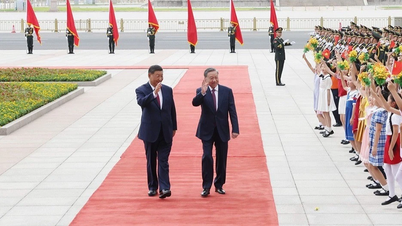
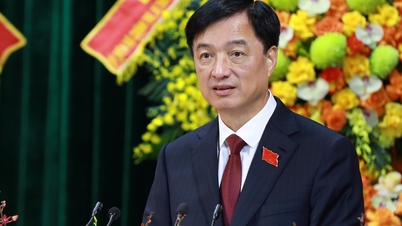
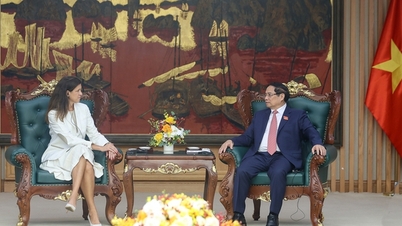

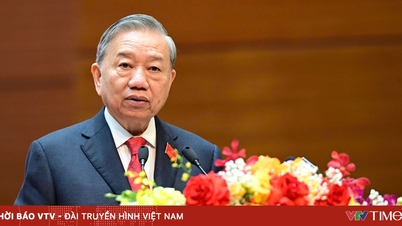

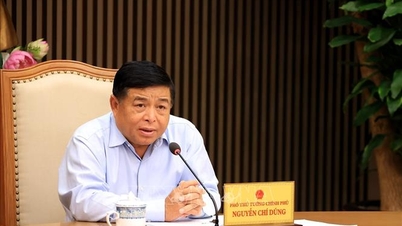



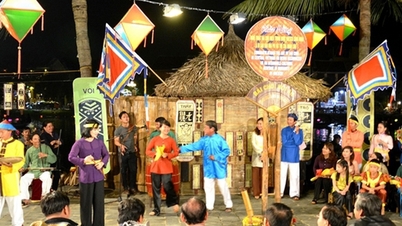



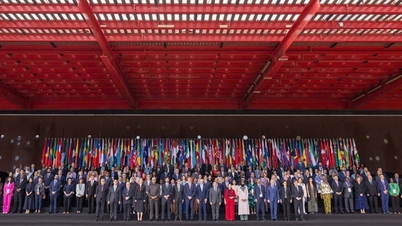
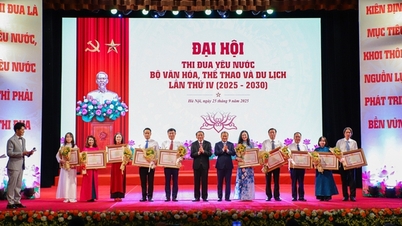
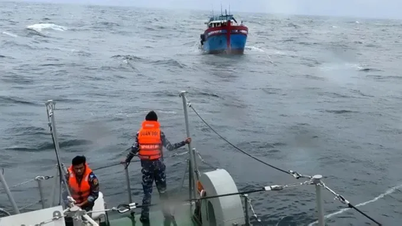
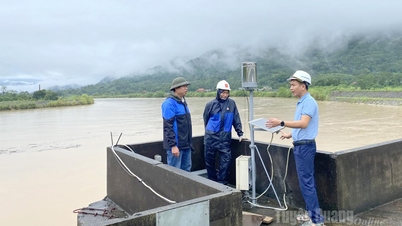

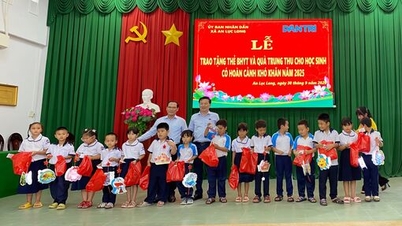



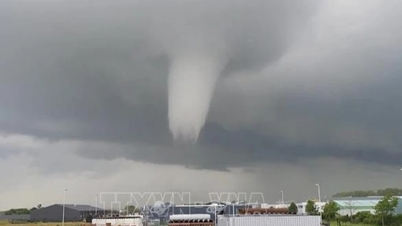
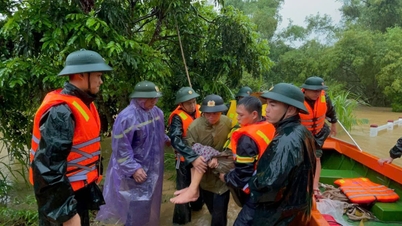













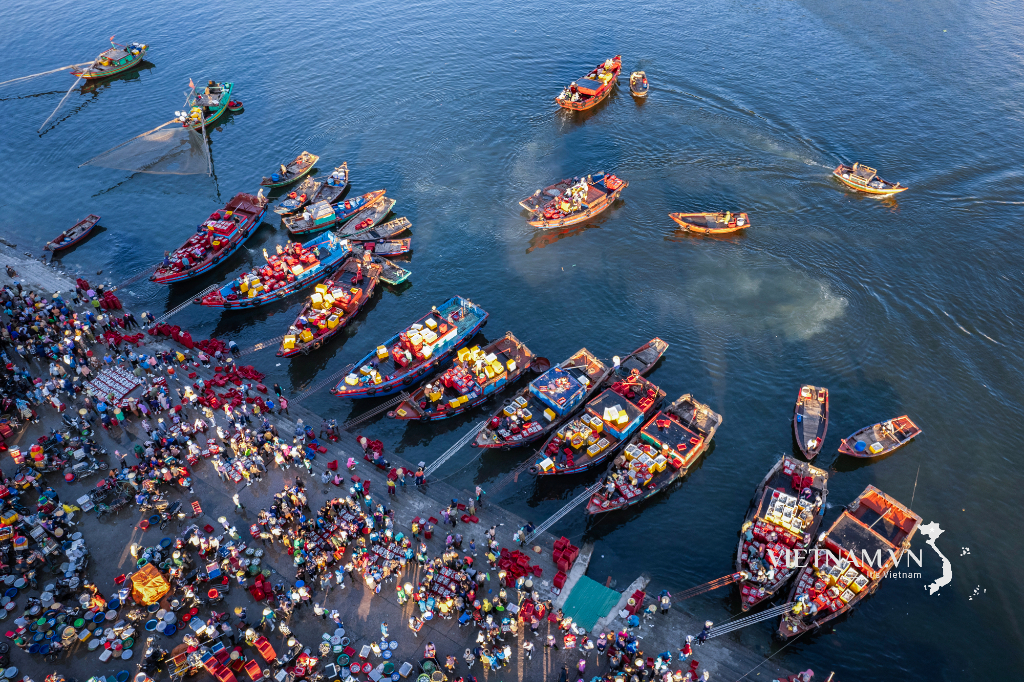
Comment (0)